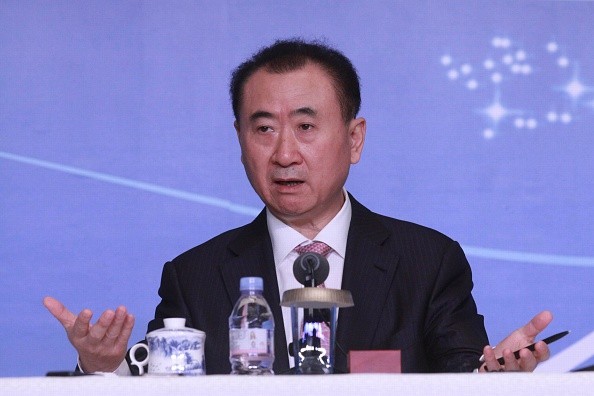China's Wang Jianlin, the richest Chinese as named by Forbes, entreated President-elect Donald Trump, saying the government of both countries should "leave entertainment industry alone" and there should be "no war" on the international trade.
Wang's message was reportedly transmitted to Trump through the Film Association of the United States' chairman.
Wang also reminded Trump that China is the primary market for films in English language. However, he cautioned that although American movies are famous in China, there are indications that the present trends are treading toward increasing preference for local movies.
Domestic movies reportedly center on emotions and relationship that are more preferred by Chinese over superheroes movies "enhanced by special effects," according to Wang.
"If China were to retaliate it would be bad for both parties so I don't want to see that scenario materializing," said Wang during the World Economic Forum held in Davos, Switzerland.
Wang, who according to Forbes has a net worth approximately $33 billion, has been named as China's richest for three times in the last four years.
He said that should both governments impose restrictions on the entertainment industry, both countries would be on the losing end.
His team has sent a letter to proper parties in the United States to pursue their cause. And although no restrictions have been imposed yet by the U.S on entertainment industry, Wang said a congressman announced letters were sent indicating a probe into alleged "control of entertainment.
"That would be a step back. That would be about protectionism emerging in the U.S.," Wang was quoted as saying by CNBC.
"If Hollywood wants to take up a large market share, they need to learn how to cater to Chinese tastes, not just those super-people," he continued.
China is not the only Asian country in whose citizens have a growing preference over local produced movies. Wang said the same thing is happening in Japan, Korea and India.



























